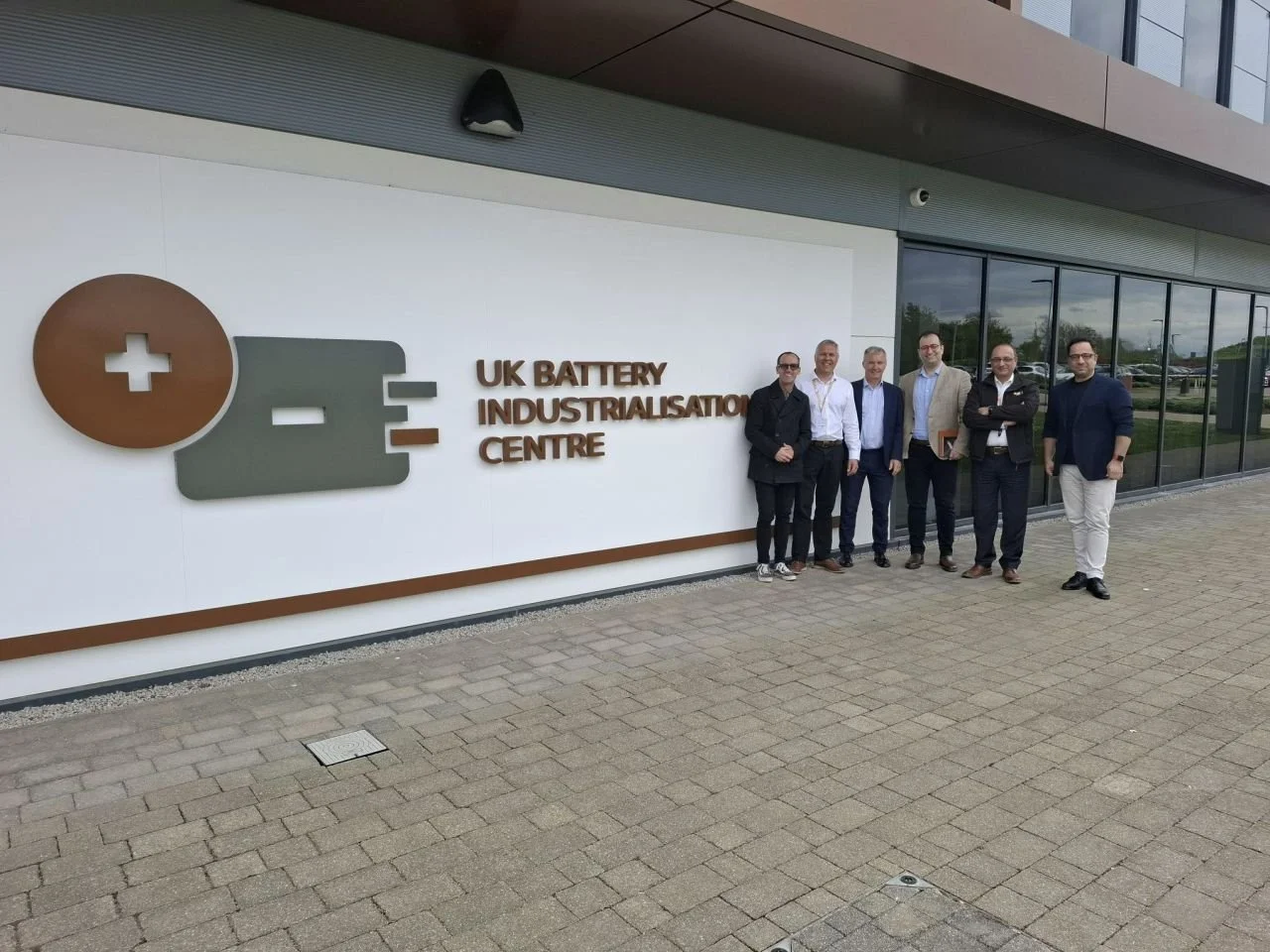Pushing the Boundaries of Na-ion Battery Innovation
Written by: Dr. Sajjad Mofarah, Ph.D.
Chief Scientist | Vecor Technologies
Senior Research Associate | School of Materials Science & Engineering | UNSW
Vecor Battery Technology is pioneering the next generation of sodium-ion (Na-ion) energy storage, powered by our proprietary 3D cathode technology. Our platform offers a safer and more sustainable alternative to lithium-ion batteries by eliminating cobalt, precious metals, toxic binders, and energy-intensive processing steps.
Key Advantages of Our Technology Include:
Safer battery chemistry, free from lithium and hazardous materials
Simplified manufacturing, removing major stages in electrode fabrication
Low-temperature, environmentally friendly production processes
Full recyclability and minimal engineering requirements
Precise control over chemical composition and stoichiometry
Strategic Collaboration with UKBIC
As part of our global development strategy, our Chief Scientist, Dr. Sajjad Mofarah, recently visited the UK Battery Industrialisation Centre (UKBIC) to explore collaborative pathways for scaling up Vecor’s novel Na-ion cathode materials.
Special thanks to Dr. Peter Dirken, Business Development Lead at Innovate UK for Australia & New Zealand, and Mr. Benjy Lee, Director, Benjy Lee Consulting for facilitating the meeting with UKBIC.
We also appreciated the warm hospitality and engaging discussions with Mr. Yahya Alvar, Head of Business Development, and Mr. Richard Robinson, PR & Communications Manager. UKBIC’s flexible, client-driven approach and strong commitment to the development and industrialisation of emerging technologies make it an ideal partner in advancing Vecor’s mission.
Looking Ahead: Bringing Na-ion Batteries to Market
As we move forward, Vecor is scaling up the fabrication of active materials, electrode development, and the certification of our battery technologies, including the development of 21700 cylindrical batteries and 25 Ah pouch cells, and we are actively engaging with global partners to bring our sustainable Na-ion battery platform to market.

